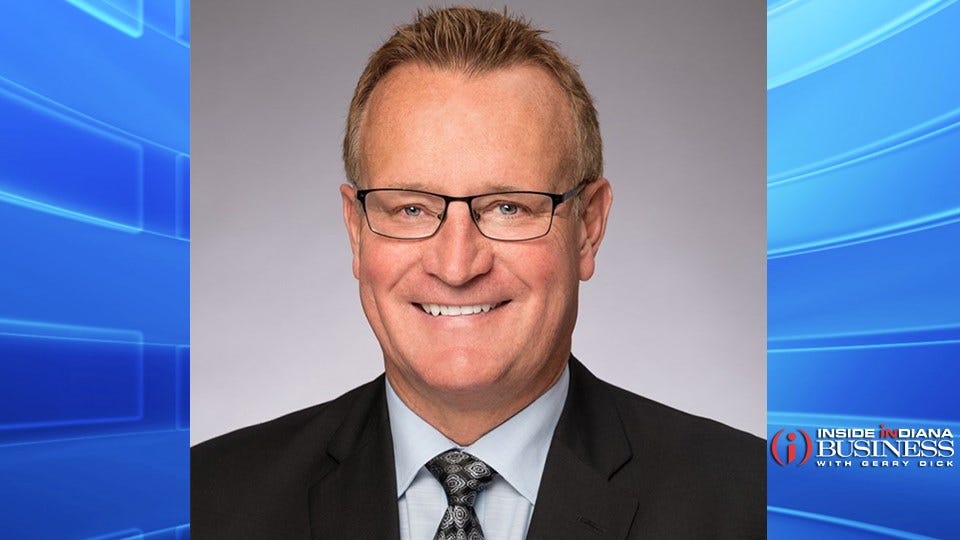Hoosier Entrepreneurs: How the Small Business Administration Can Help You Succeed

Subscriber Benefit
As a subscriber you can listen to articles at work, in the car, or while you work out. Subscribe NowIt’s an understatement to say that COVID-19 has made a devastating impact on Hoosier small businesses. From Mass Ave Toys to North End BBQ and everything in between, the small businesses the state once lauded now remain permanently shuttered. As nearly 500,000 local small businesses begin to rebuild and revitalize this summer, additional problems loom – a record high 48% of Indiana small businesses have unfilled job openings, and businesses continue to struggle to pick up the financial pieces while growth remains stalled. But there is still hope.
The Small Business Administration (SBA), created to support small businesses across the country, established new mandates to help bring the nation back on its feet this year. Crafted to help entrepreneurs plan, grow and start their business, the SBA and its Indiana District Office’s new mandates now allow lenders to be more aggressive on the credits that they normally would have passed on, so small businesses can have easier access to capital.
When combined with step-by-step financial advice, small businesses can begin to see the light at the end of the tunnel. Hoosiers – the time is now to see small businesses succeed amid the pandemic.
Understand and work with the new SBA mandates.
Currently, all SBA 7(a) loans, the most popular option for small businesses seeking financial help in a variety of services, now have an increased guarantee from 75% up to 90%. This also includes a waiver of all borrower guarantee fees under the CARES Act. In addition, the SBA will make the first three months of payments (up to $9,000) for any loans originated and closed from now until Sept. 30. All in all, these mandates authorize a 504 Express program to expedite approval of smaller loans under $500,000. Hoosiers have until September 2021 to take advantage of these new mandates to benefit their business.
The standard 7(a) loan can be used for a variety of purposes, including but not limited to:
- Working capital;
- Purchase of real estate;
- Construction or business property renovation;
- Refinance of debt;
- Purchase of equipment, furniture, fixtures, supplies and much more.
These loan programs encourage longer-term small business financing with a maximum loan amount of $5 million. Similarly, all SBA 504 loans can finance major fixed assets that promote business growth and job creation. When a need is demonstrated for the financing, and financial alternatives have been exhausted, these SBA loans can help reduce risk and provide the necessary financial help to keep businesses afloat.
Added benefits of an SBA-approved loan include financial advantages such as lower down payments and flexible overhead requirements, continued support through education and counseling, and competitive rates and fees.
Tackle financial challenges with SBA advice.
It is possible to overcome financial challenges even outside of traditional SBA funding. Check out a few additional step-by-step financial tips for businesses below:
- Don’t overpay on taxes. An issue that many small businesses face on taxes is the cost of compliance, even more so than their larger counterparts. Nearly 85% of small businesses overpay on their federal income taxes every year. The IRS found that “companies with under $1 million in revenue bear nearly two-thirds of business compliance costs.”
- Always stay on top of reporting. Small business owners wear many hats, and more times than not, day-to-day operations take precedence over reporting. However, failing to report can lead to losses, debt or fines from missing deadlines. Consider connecting with a third-party CPA Firm, whose practice focus is on small business clients, to handle reporting so small business teams can get back to what they do best: helping customers.
- Maintain a budget. Setting goals through a budget assists in prioritizing how a business uses its money, allowing entrepreneurs and their teams to measure and track their progress along the way. Regularly update a budget based on circumstances and always prepare for emergency expenses by regularly contributing to a savings account that can be pulled from on a rainy day.
Indiana’s small businesses can bounce back. They have done it before and can do it again. Utilizing these mandates and sticking to solid financial advice will help Hoosier small businesses – the backbone of the state – see success.
Jeff Scott serves as the President of SBA Lending at Merchants Bank of Indiana (MBI).

